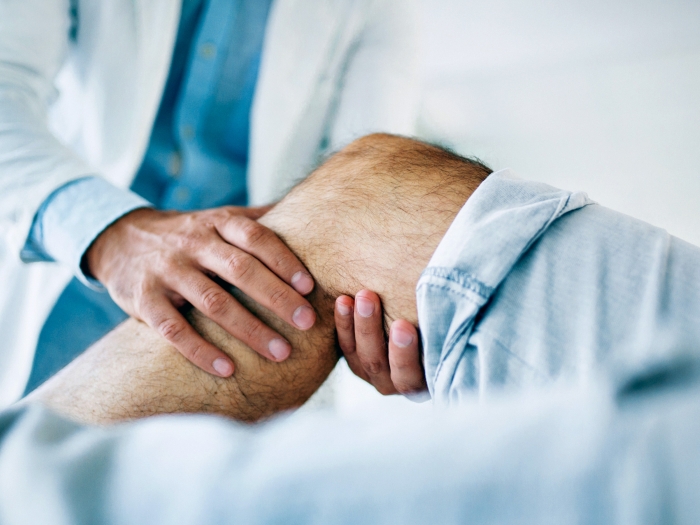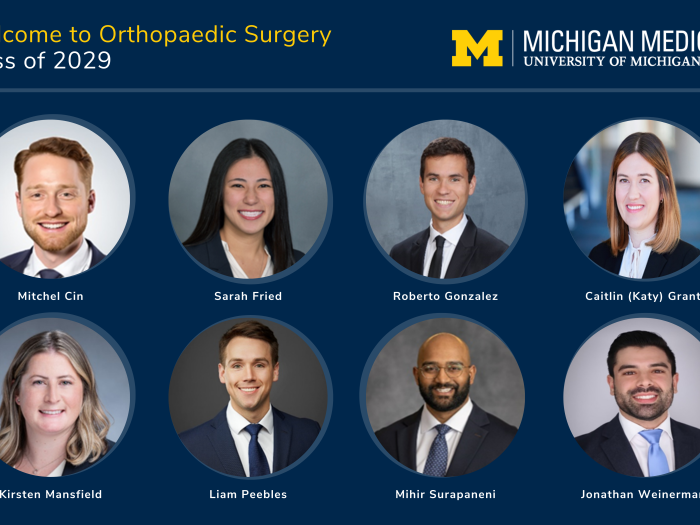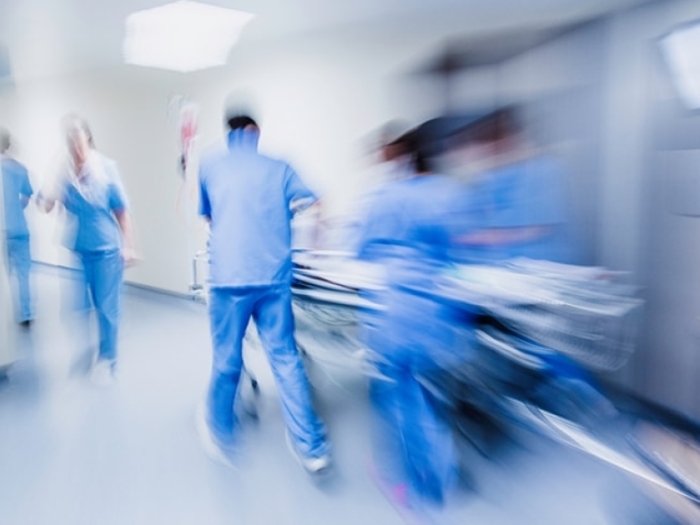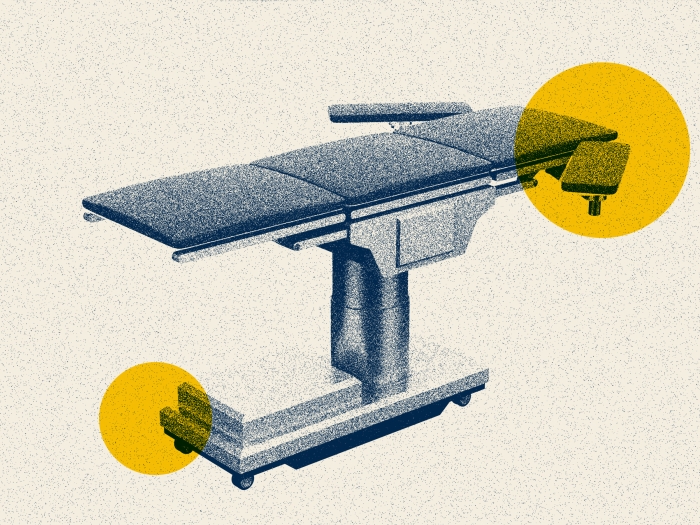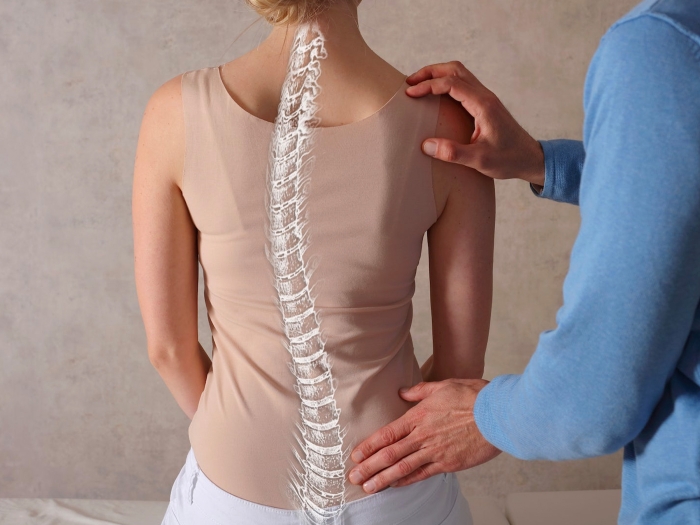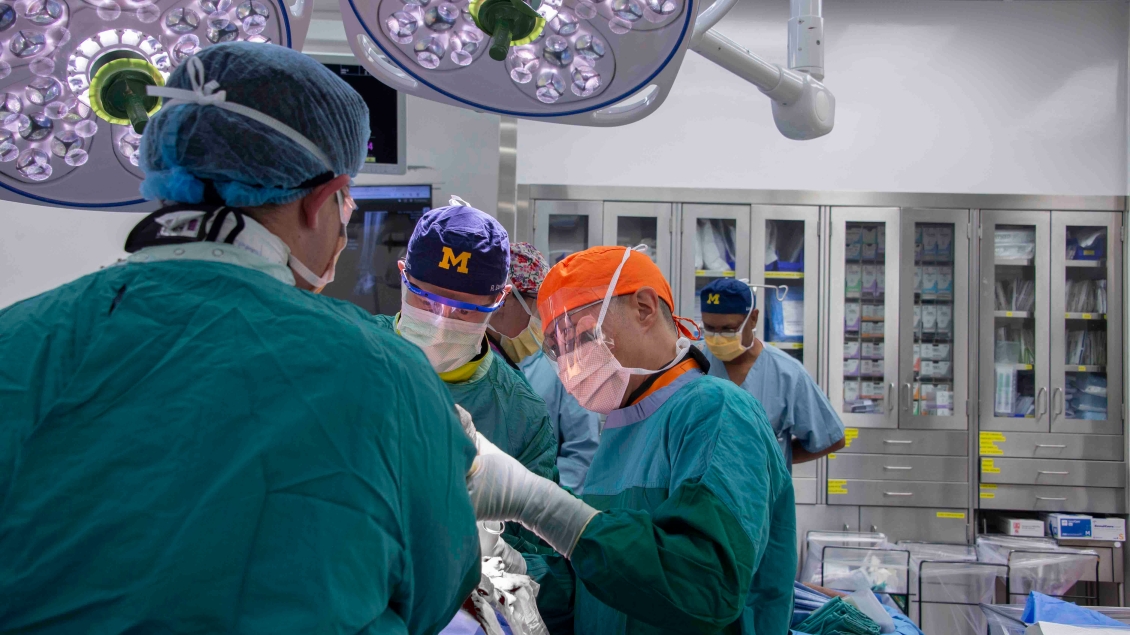
Where the Best & Brightest Train
Immerse yourself in one of today’s most exciting medical specialties with acclaimed training programs spanning basic science, translational research and clinical care.
Since 1930, we have been pioneers in orthopaedic surgery care, education and research. We are proud to be the home of exceptional educational programs that attract the best and brightest medical students, residents, fellows and faculty, from Michigan, the country, and, the world. Learners of all levels train at the forefront of Orthopaedic Surgery to provide cutting-edge patient care and treatments using the most recent evidence and advanced technologies
Find friends, fun, fitness and support both on and off campus. Explore our guide to everything you need to know about living and learning in Ann Arbor, Michigan.
Our team-based approach to diversity, equity and inclusion aims to train and hire a population that reflects the diversity of our community and patient population. Our DEI committee strives to improve our culture and continuously transform our environment.
